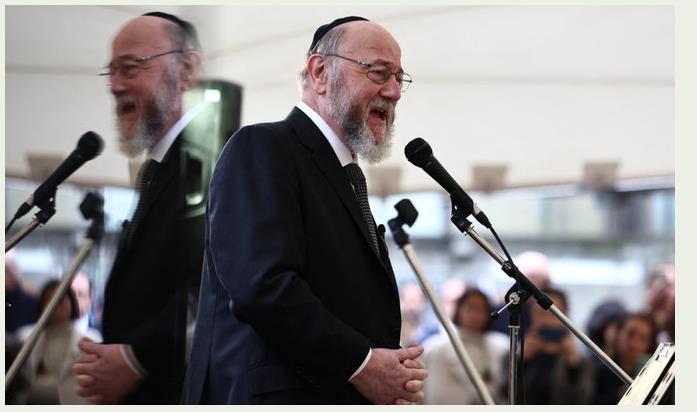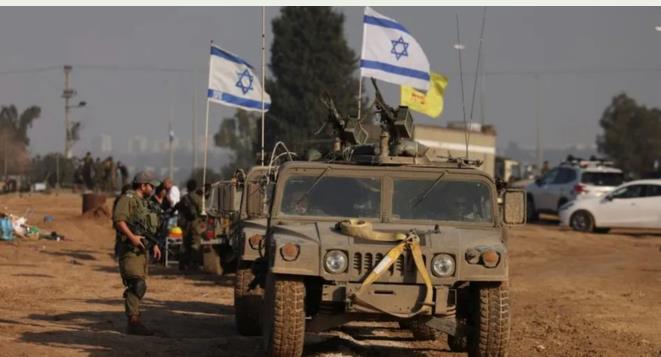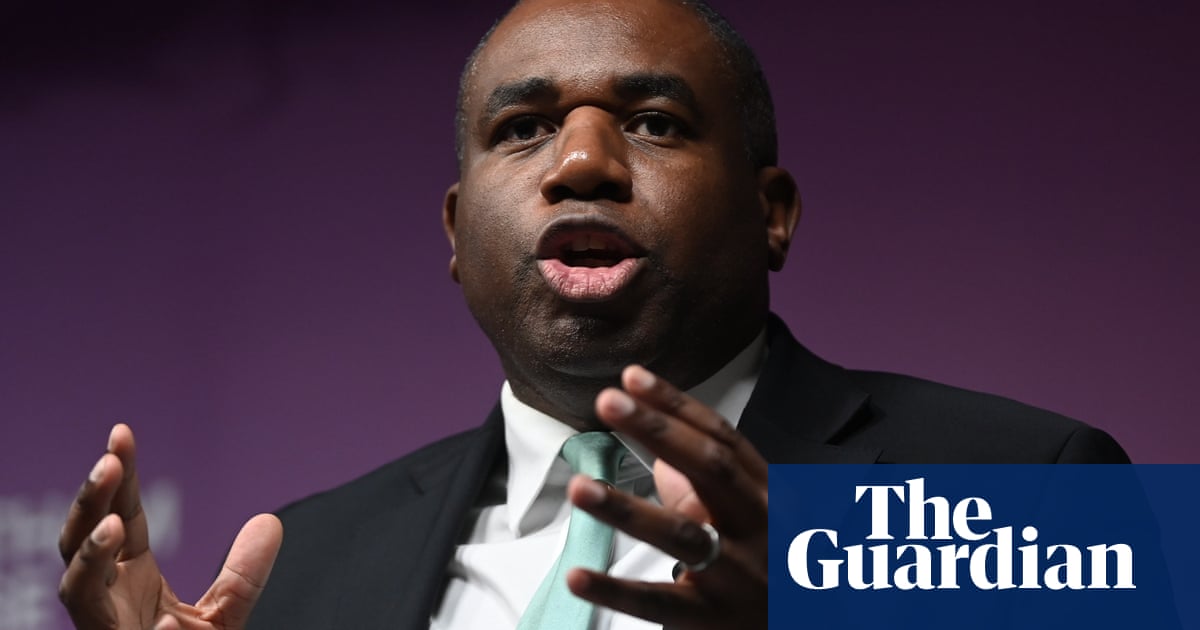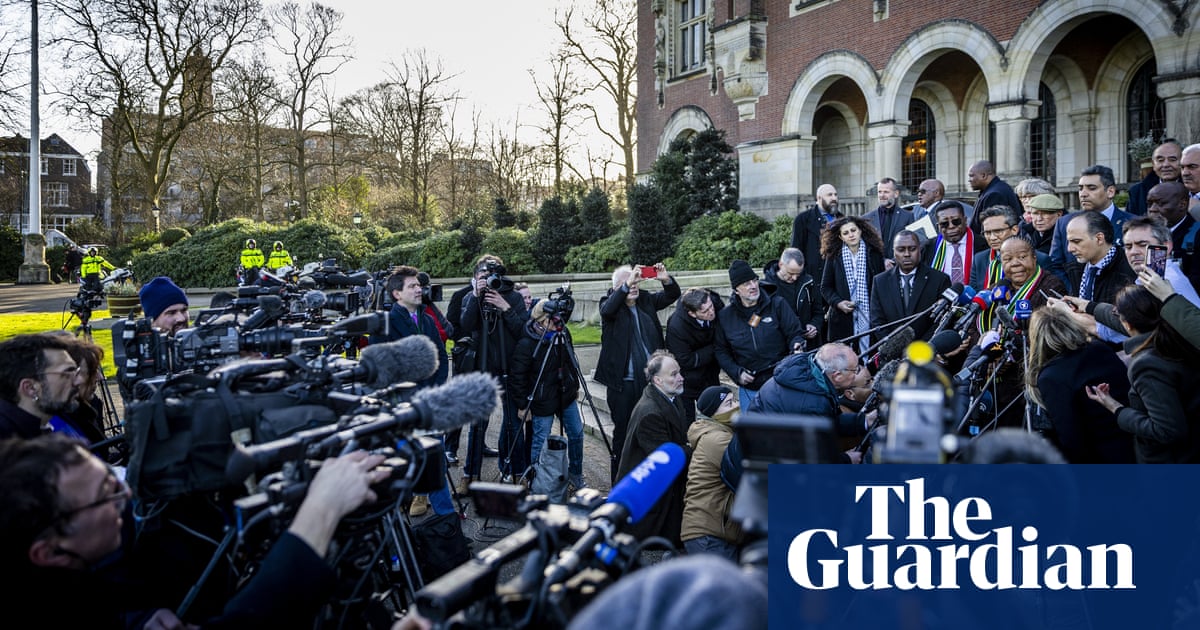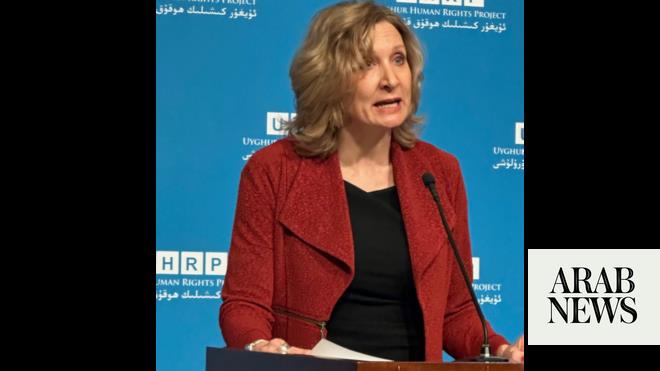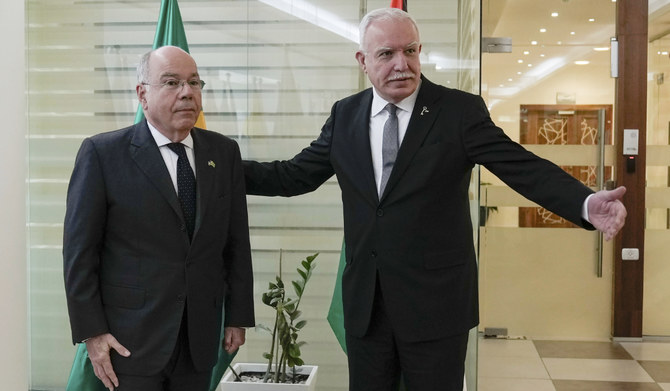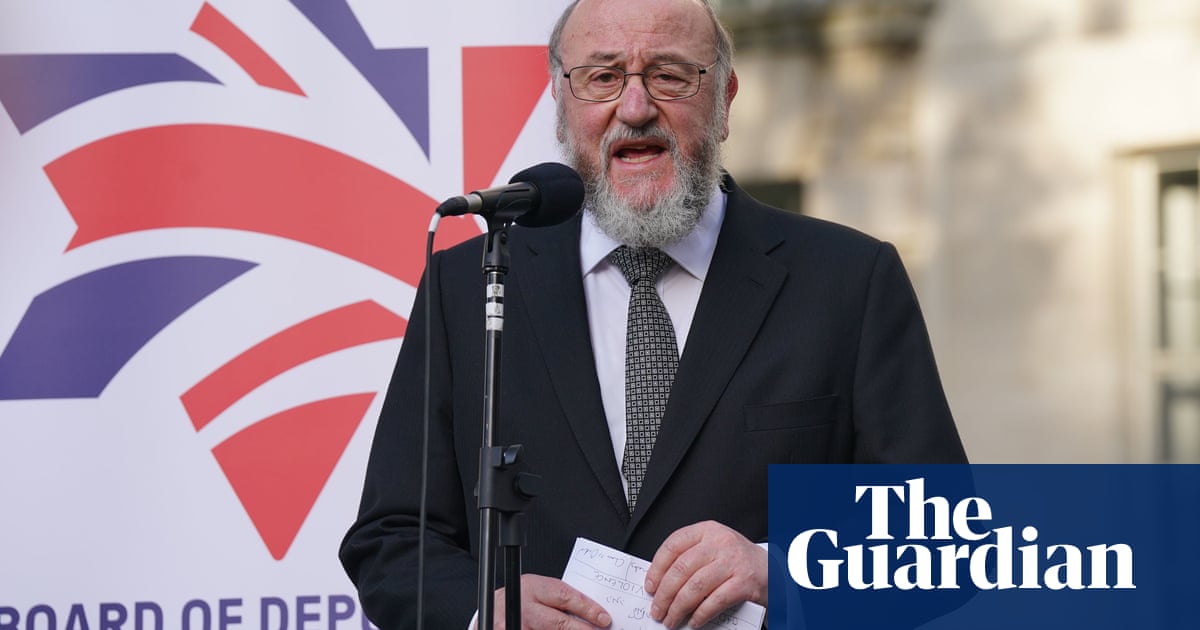
The chief rabbi has said using the word “genocide” to describe Israel’s actions in Gaza is an “increasingly frequent, disingenuous misappropriation of the term”.
Sir Ephraim Mirvis said the use of the term was a “moral inversion, which undermines the memory of the worst crimes in human history” and was designed to “tear open the still gaping wound of the Holocaust”.
Earlier this month the UN international court of justice in The Hague heard that Israel had shown “chilling” and “incontrovertible” intent to commit genocide in Gaza. South Africa, which has brought the case, alleged “grave violence and genocidal acts” by the country. Israel has described the case as baseless, and accused South Africa of presenting a “profoundly distorted” view of hostilities, “barely distinguishable” from that of Hamas.
Writing in the Sunday Telegraph, Mirvis, who was born and educated in South Africa, argued that Israel was not intent on “the purposeful annihilation of a people as an objective in and of itself”, but was risking its soldiers in ground operations and securing humanitarian corridors.
He added: “It should be obvious that if Israel’s objectives were genocidal, it could have used its military strength to level Gaza in a matter of days.”
Before commemorations of Holocaust Memorial Day next Saturday, the chief rabbi said the use of “genocide” to describe Israel’s action was an affront to victims and the survivors of genocides in Cambodia, Rwanda, Bosnia, Darfur and the Holocaust.
“It is a term deployed not only to eradicate any notion that Israel has a responsibility to protect its citizens, but also to tear open the still gaping wound of the Holocaust, knowing that it will inflict more pain than any other accusation,” wrote Mirvis. “It is a moral inversion, which undermines the memory of the worst crimes in human history.”
A total of 25,000 people, about 1% of Gaza’s population, have been killed and tens of thousands of buildings have been destroyed since the 7 October attacks by Hamas and other militants. The Hamas-led attacks killed about 1,200 people and 240 were taken hostage, while evidence has emerged pointing to the systematic use of rape and sexual violence in the attacks.
Last month Human Rights Watch said the Israeli government was using starvation of civilians as a method of warfare in the Gaza Strip; Amnesty International has pointed to airstrikes on a Greek Orthodox church sheltering 18 civilians and attacks on homes in Nuseirat refugee camp that killed 28 civilians as examples of mass killing.
On Sunday the Scottish first minister, Humza Yousaf, whose mother-in-law and father-in-law were trapped in the Middle East region for several weeks while visiting family, accused political leaders of viewing Palestinian blood as “cheap” as he criticised a lack of support for citizens in Gaza.
Mirvis argued that the war “would end tomorrow if Hamas released Israel’s hostages and laid down its weapons”, which should “preclude any allegation of genocide”.
He added that “no decent person could be unmoved by the tragic suffering of innocent Palestinians” calling a debate about minimising suffering “vital”. But he argued that “if there is indeed a genocidal force in this conflict, it must surely be Hamas”, writing: “It is the leaders of Hamas who have made it clear that they will repeat their atrocities ‘again and again’ and whose founding charter makes it clear that killing Jews is among its very reasons for existing.”
He concluded by calling for more “sober and honest” discourse around the conflict, adding: “The destructive and manufactured hyperbole, which reaches its nadir with the accusation of genocide, can only harm the cause of peace.”




